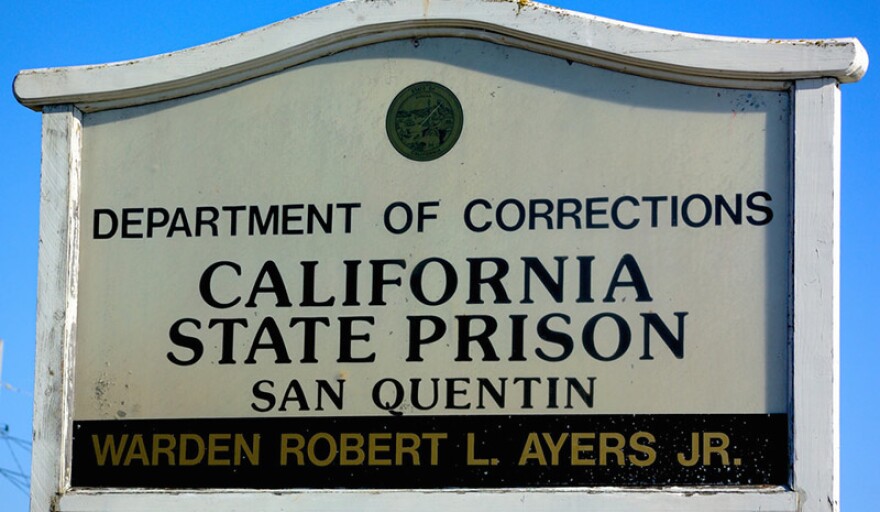California lawmakers harshly criticized state corrections officials Wednesday, saying they botched their handling of the coronavirus pandemic by inadvertently transferring infected inmates to a virus-free prison, triggering the state’s worst prison outbreak.
A third of the 3,500 inmates at San Quentin State Prison have tested positive since officials transferred 121 inmates from the heavily impacted California Institution for Men in Chino on May 30 without properly testing them for infections.
State Senator Mike McGuire represents the San Quentin area. He said:
“I don’t say this lightly, but this is a failure of leadership. This crisis is completely avoidable.”
Assemblyman Marc Levine, who also represents the region, said lawmakers and inmate advocates had been warning everyone from Governor Gavin Newsom on down since the start of the pandemic that prisons were uniquely vulnerable.
He called the transfer of infected inmates to San Quentin:
“The worst prison health screw-up in state history. We cannot sweep it under the rug. There must be accountability. Never has too little, too late been more true, or cruel.”
Corrections Secretary Ralph Diaz countered that prison officials "have worked tirelessly” to protect inmates statewide. He said:
"The thought that we don’t care or I don’t care personally, that’s the farthest from the truth.”
On Tuesday, the department created a command center at San Quentin that includes medical, security, emergency management and infectious disease experts from multiple state agencies. San Quentin has erected six tents to treat infected patients and create room for more physical distancing elsewhere in the prison.
Officials recently announced a new plan to free certain inmates statewide who are within six months of their release date, and said those early releases to parole or probation supervision were being expedited at San Quentin.
The state also plans to more swiftly release eligible inmates with high-risk medical conditions. The San Quentin outbreak is in danger of helping overwhelm San Francisco Bay Area hospitals already strained by coronavirus cases, said state and local health officials and advocates.
McGuire said 24 out of 25 intensive care beds in San Mateo County are full, with eight of those patients from San Quentin. J. Clark Kelso, a federal court-appointed receiver who controls medical care in the prison system, said 42 of San Quentin's inmates have been sent to outside hospitals. He said the problem at San Quentin stemmed from good intentions, when officials decided to move medically vulnerable inmates from the Southern California prison, which had been the hardest hit and has accounted for 16 of the prison system's 22 deaths.
Kelso said those transferred inmates had tested negative for infections, but some of the tests were weeks old. Twenty-five of the inmates transferred to San Quentin subsequently tested positive for coronavirus, Kelso said, and infections quickly spread through open cell houses with ventilated doors.
There were delays in getting test results. And many inmates refused testing, he said, including as many as 300 inmates in one cell house. People incarcerated at San Quentin have said they were concerned about contagion because correctional officers were not all following safe practices. Still, Kelso said, about 300 of the more than 1,100 infected inmates are expected to be deemed recovered this weekend.
Governor Newsom has repeatedly defended his administration's handling of the pandemic in prisons, noting that he has ordered about 3,500 early releases, plans about 3,500 more, and halted transfers from local jails to create more space in prisons for social isolation.


